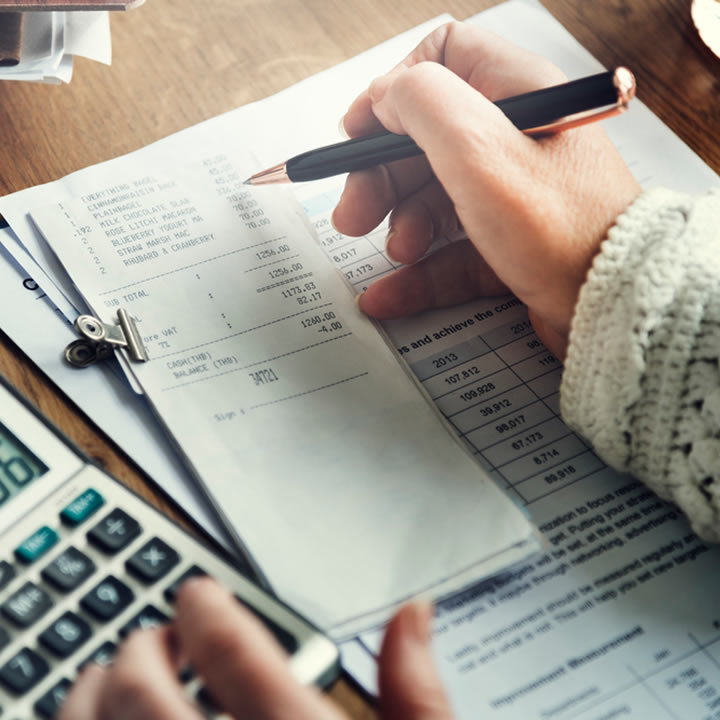Nearly everyone could stand to make some changes in their personal financial situation, but you may not know where you should start.
There are a few important principles you should follow regarding budgeting, savings, and debt and certain steps that can be important to take based on your particular situation. The tips below can help you get started.
Understand Budgeting
Whether you make a little money or a lot, there are things to know about saving money, and budgeting is important. You may think that because you have plenty of money left over at the end of every month that you don’t need to budget, but you may not be using your income as efficiently as you could be.
You might still be wasting money that could be better put away for more security and for spending later on things you would enjoy more.
Perhaps the easiest way to budget is with the assistance of apps that track your spending, but you can also do it the old-fashioned way, writing down all of your expenses over several months. Knowing where your money is going can help you be smarter about what you do with it.
Saving
There are a few different aspects to saving. First, you should build up an emergency fund that covers at least several months of expenses. You can use this if you run into unexpected expenses or even if you lose your job.
Next, you should be putting away money for retirement. If your employer has a retirement fund, you should contribute the maximum amount. You can also set up an account on your own.
You might also want to look at your assets as retirement investments. You might plan to sell your house when you retire. If you have a permanent life insurance policy, you might be able to sell it as well through a life settlement as you near retirement.
You can review a guide on how to go about this. In addition, you should think about some other savings goals. You may want to put away money toward your child’s college education or a down payment on a house.
Debt
With the exception of a home mortgage, it is important to try to get out of debt as quickly as possible and stay there. This is one important function of a budget since it can help you determine both whether you can afford certain things and how much you can contribute toward paying any money that you owe.
One way to pay down debt is to focus primarily on one debt at a time while just paying the minimum balance on the others. You can start with either the debt that has the highest interest rate or the one that is the smallest.
As each debt is paid off, you can roll your payments onto the next one. Credit cards can be useful for building a strong credit score and even for getting valuable rewards, but you need to pay them off monthly.
If there is something that you want and can’t afford, you need to get into the habit of saving up for it.

